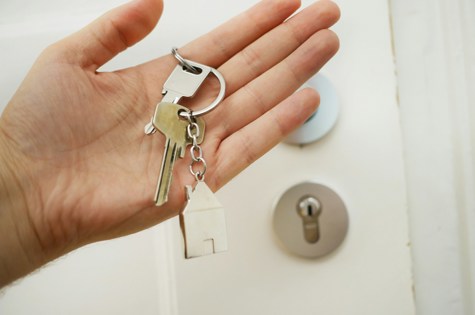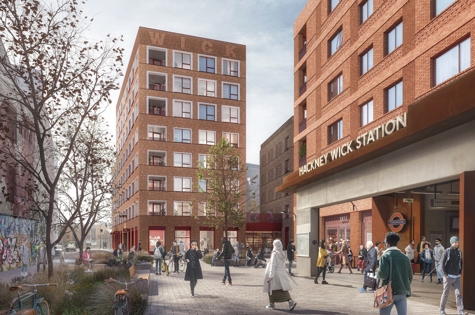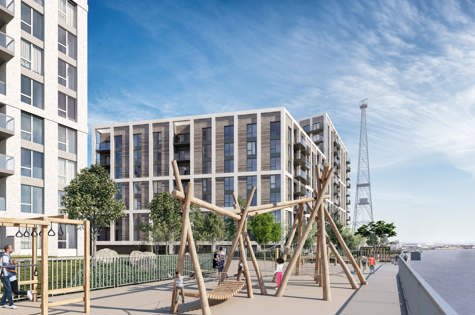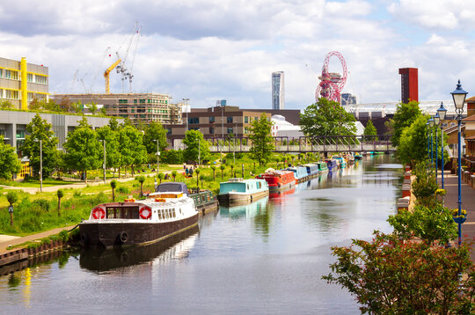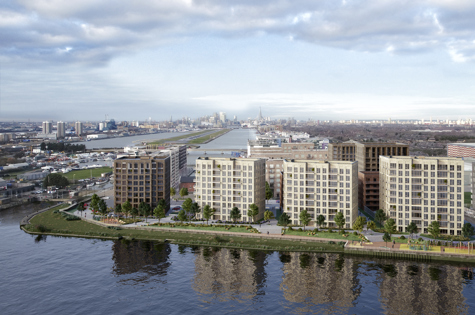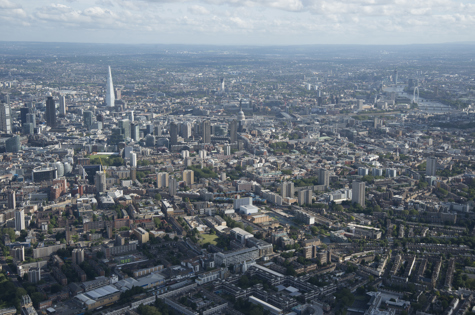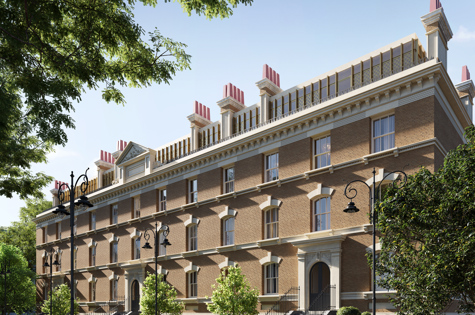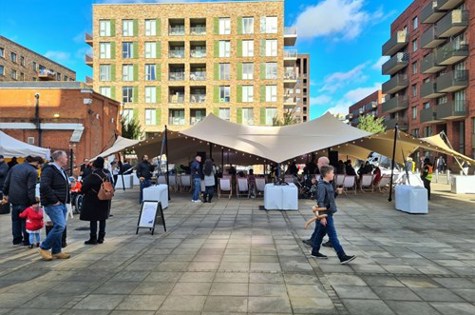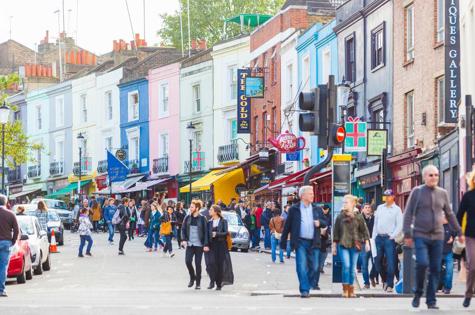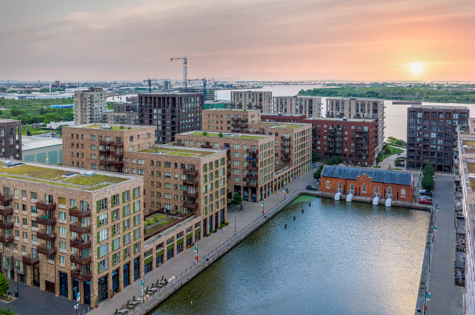Shared Equity or Shared Ownership? A Guide for London Homebuyers
There is a lot of confusing jargon in the home-buying process, especially for a new buyer. Shared equity mortgages and the Shared Ownership housing scheme are separate but commonly get mixed up.
A shared equity mortgage and Shared Ownership housing help improve deposit affordability and make homeownership more accessible. However, understanding the differences between each scheme will help you make informed decisions throughout the buying process.
NHG’s Guide to Shared Ownership and Shared Equity
What is Shared Ownership?
Shared Ownership is a government-backed part-buy, part-rent scheme. You purchase a share of your home (typically between 25-75%) and pay subsidised rent on the rest. Because you own a share, your deposit and mortgage are significantly lower than if you bought the property outright.
If you decide to own more of your home in the future, you can increase your share by staircasing.
Shared Ownership Eligibility
- You don’t already own a home (or you’ve sold your current home)
- Your household income is:
- Less than £90,000 (if you’re buying in London)
- £80,000 (if you’re buying outside of London)
What is Shared Equity?
Eligible homebuyers for shared equity mortgages receive a 20% equity loan towards their property from a lender, with no interest charged on the equity loan for a specified period.
Typically, the buyer will place a 5% deposit on their home and cover the other 75% with a standard mortgage. For example, on a £400,000 property, a homebuyer could place a 5% deposit of £20,000. The mortgage would cover 75% (£300,000), with the remaining 20% (£80,000) covered by a lender.
The homebuyer is the legal owner of the property and will begin loan repayment to the lender on an agreed-upon date. If the property value increases, so will the equity loan.
Shared Equity Eligibility
To apply for a shared equity mortgage loan, you must be over eighteen and pass affordability checks conducted by the lender and property developer.
Key Differences Between Shared Equity and the Shared Ownership Property Scheme:
Deposit Prices
With a shared equity mortgage, your deposit is for the whole property rather than a share, so it is likely to be more expensive than it would be for a Shared Ownership property.
Property Ownership
With Shared Ownership, you own a percentage of your home and the property developer owns the remaining share. You pay rent on what you don’t own and can increase your share over time.
The shared equity mortgage scheme means you own 100% of your property. While there’s no rental fee, you will make equity loan repayments. The price of the loan can fluctuate based on the property value.
Which scheme is right for you?
Everybody has a different affordability scale, and which scheme is best for you will depend on what you can comfortably pay for in the long term. If in doubt, we recommend contacting a financial advisor who can discuss the property financing options available to you.
Generally, Shared Ownership works best for first-time buyers trying to save a deposit on their first home. However, if you can afford a larger deposit on your property, a shared equity mortgage facilitates complete ownership of your new home.
Explore affordable housing across London with NHG. At NHG, we specialise in providing affordable, high-quality housing developments across London and the Southeast. If you have any queries, contact the NHG team and discover our Shared Ownership and market sale properties.






